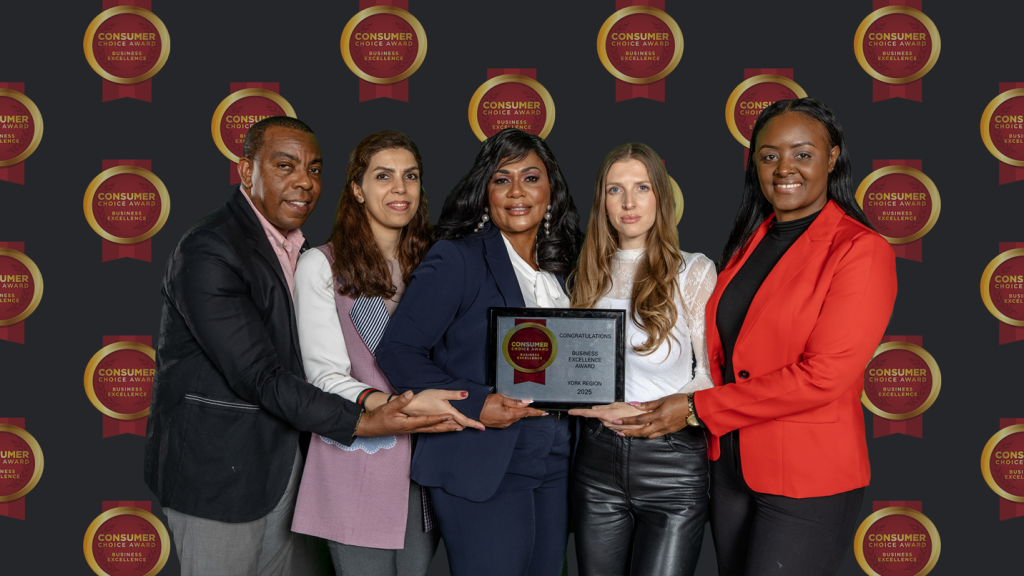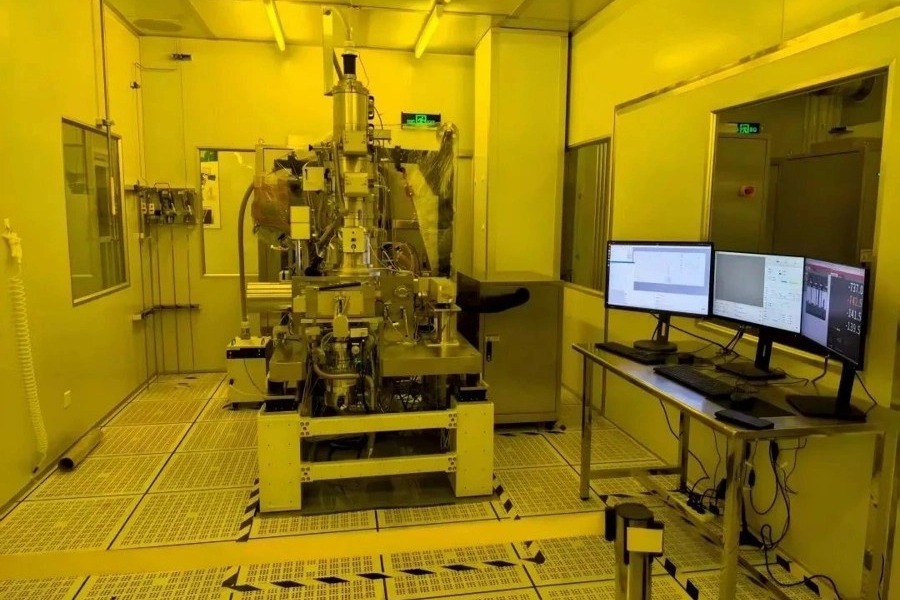Tesla's Self-Driving Tech Under Scrutiny: Lawsuits Raise Safety Concerns & Elon Musk's Promise

Tesla's ambitious pursuit of fully autonomous driving is facing a significant challenge as recent lawsuits spotlight potential safety flaws and raise serious questions about the technology's readiness. These legal battles aren't just about individual incidents; they're testing the very foundation of Tesla's self-driving claims and, crucially, the credibility of CEO Elon Musk, whose vision is central to the company's future.
The Rising Tide of Lawsuits
Several high-profile lawsuits have emerged in recent months, alleging that Tesla's Autopilot and Full Self-Driving (FSD) systems are responsible for accidents, some resulting in severe injuries or fatalities. While Tesla maintains that these incidents often involve driver misuse or external factors, the sheer number of cases is putting the company's safety protocols and technological claims under intense pressure. These lawsuits often highlight instances where the systems failed to adequately respond to changing road conditions, pedestrian activity, or other vehicles, leading to collisions. The plaintiffs’ attorneys are arguing that Tesla has rushed the rollout of its self-driving features without sufficient testing and safeguards.
Elon Musk's Credibility on the Line
Elon Musk has consistently championed Tesla's self-driving capabilities, often predicting timelines for full autonomy that have repeatedly been pushed back. His bold pronouncements and optimistic forecasts have become a hallmark of his leadership style. However, these ongoing lawsuits are forcing a critical reassessment of his credibility and whether his ambitious vision can be realized without compromising safety. Critics argue that Musk’s focus on accelerating development has sometimes overshadowed the need for rigorous testing and validation, leading to premature deployment of features that are not yet fully reliable.
The Future of Tesla's Autonomous Dreams
The outcome of these lawsuits could have far-reaching consequences for Tesla. Beyond the financial implications of potential settlements and judgments, the legal proceedings are shaping public perception of Tesla’s self-driving technology. Regulators, like the National Highway Traffic Safety Administration (NHTSA) in the United States, are also closely monitoring the situation and may intensify their scrutiny of Tesla's safety practices.
Tesla faces a critical juncture. To maintain investor confidence and continue its push towards full autonomy, the company must demonstrate a commitment to safety. This may involve slowing down the rollout of new features, enhancing driver monitoring systems, and providing more comprehensive training for Tesla owners. The current legal challenges serve as a stark reminder that the path to self-driving technology is fraught with challenges and that safety must remain the top priority.
Beyond the Headlines: A Broader Industry Perspective
The scrutiny facing Tesla is not unique. The entire autonomous vehicle industry is grappling with similar challenges as companies strive to develop safe and reliable self-driving systems. However, Tesla's high profile and Musk's ambitious timeline have placed it under an especially bright spotlight. The lessons learned from these legal battles will likely influence the development and deployment of autonomous vehicles across the industry, emphasizing the importance of robust testing, rigorous safety protocols, and transparent communication with the public.





